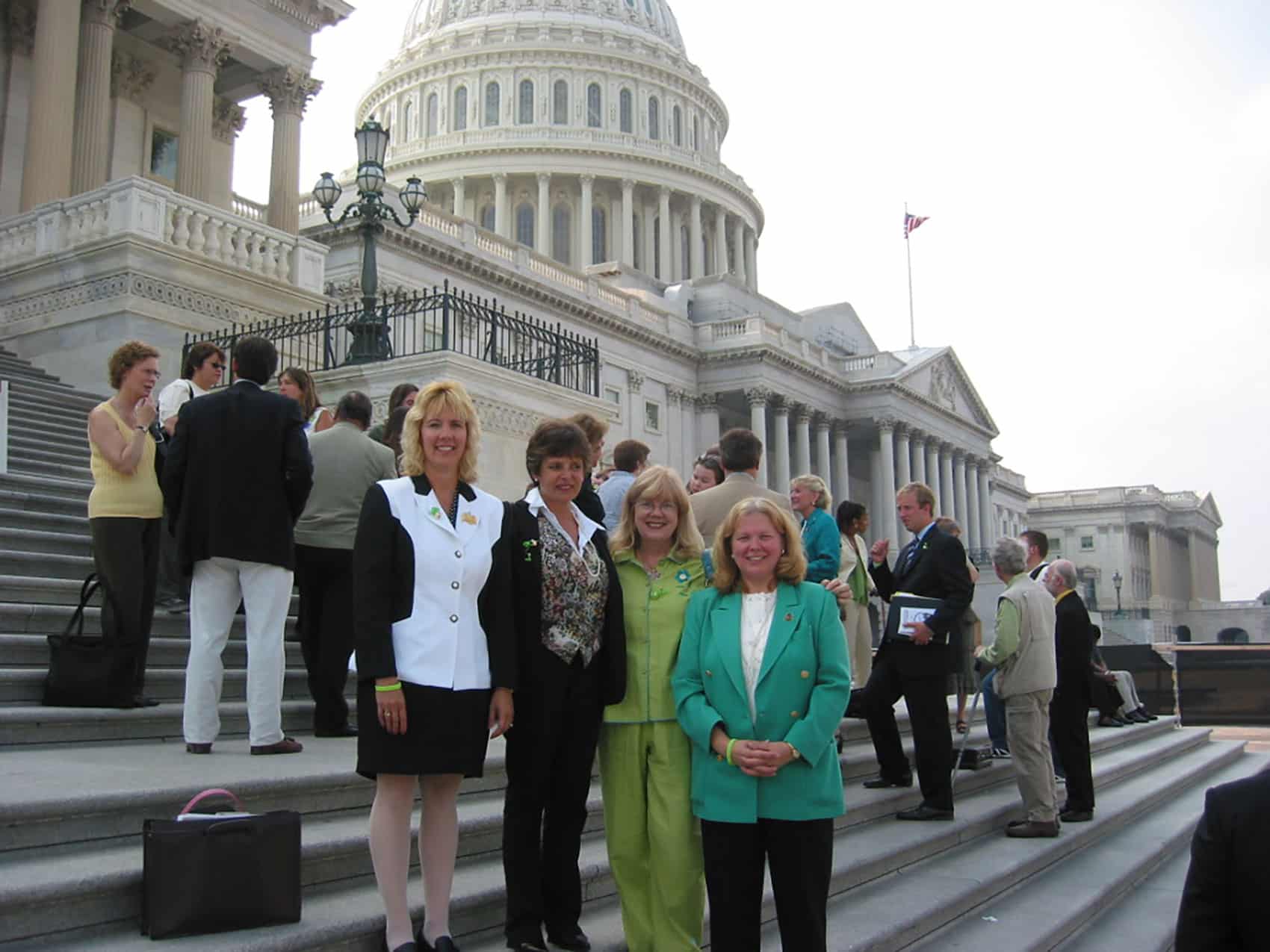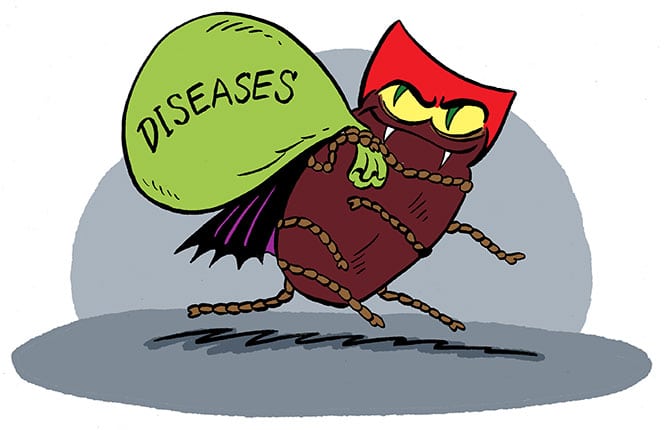Founded in and serving the Washington, DC area since 2001, NatCapLyme educates government officials and healthcare industry leaders about Lyme and tick-borne diseases on behalf of individuals and families of those afflicted with such diseases. We actively engage with all sides of the Lyme and tick-borne disease issue to encourage measurable progress. NatCapLyme is an all-volunteer organization, but we have an appointed legal and legislative counsel, as well as individual board members, who bring political and legal experience to the table. Our legislative activities are ongoing, always focused on improving the lives of tick-borne disease sufferers.

We’re fighting on many fronts. We invite you to see what we’re doing on a state and federal level:




